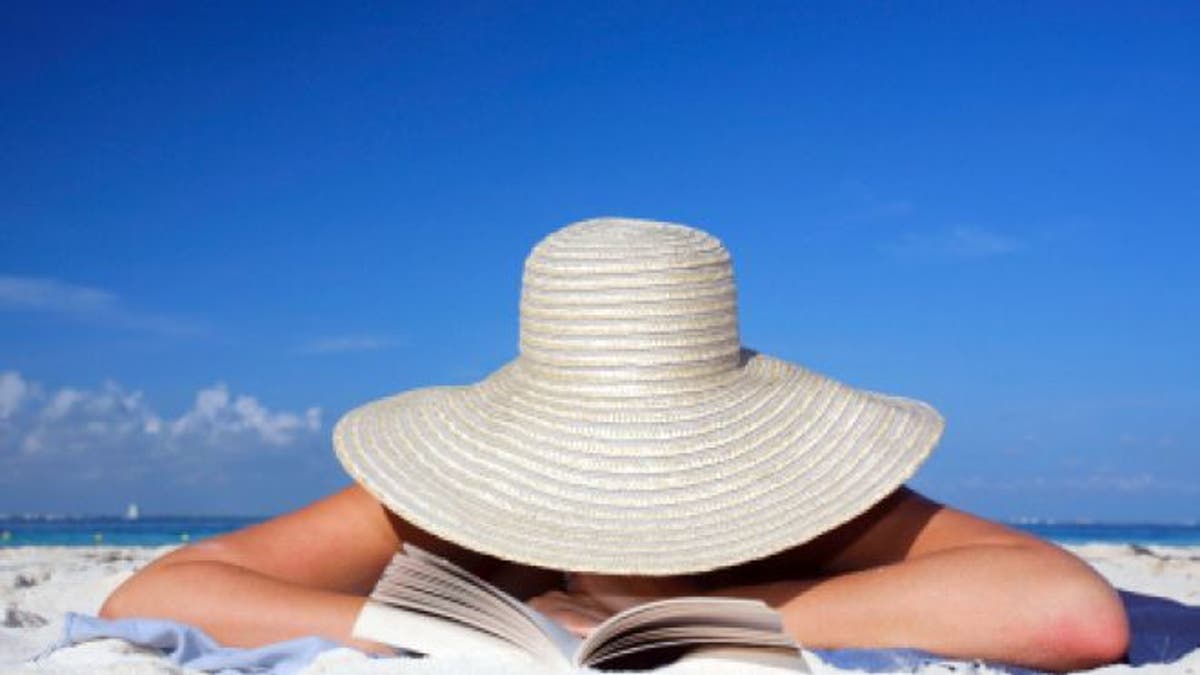
Americans aren’t using their vacation time, and they could be paying for it with their health. With time away from the daily grind linked to reduced stress, increased productivity and even a lower risk of cardiovascular disease, taking time off could truly change (and possibly save) your life.
More than 40 percent of Americans didn’t take any vacation days in 2014, according to a survey by Skift, a travel industry news site. Coincidentally, the American Psychological Association reports more than 40 percent of Americans admit they may not be doing enough to manage their stress levels. The solution seems obvious, but the link between vacations, stress and our health is not so clear.
Vacation, stress and your health
Stress is a risk factor for numerous chronic diseases, and there’s no doubt that vacations reduce stress. It stands to reason that taking a break from day-to-day obligations could help keep you healthy.
READ MORE: If your stress results in depression, your medicine could be costly
Perhaps one of the most widely cited studies on the topic looked at men at high risk for coronary heart disease, analyzing their vacation habits and mortality rates over nine years. The researchers found men who took more frequent vacations had a reduced risk of mortality, especially mortality due to heart disease.
“Because cardiovascular disease develops over many years, it’s unlikely the reduced stress during the vacation itself is driving potential effects on mortality,” said Brooks B. Gump, a professor at Syracuse University and lead author on the study.
Other studies have similarly linked infrequent vacationing to increased incidence of heart attacks and death, but the reasons weren’t clear. Though Gump says it’s unlikely the short respite from stress directly decreases the risk of death in those cardiovascular patients, other health factors could be at play.
READ MORE: Heart disease: How your state measures up
“A few possible mechanisms for these results are healthy behaviors initiated during a vacation and continued afterwards, the knowledge of a vacation in the future buffering current stressors in the months preceding the vacation, or perhaps vacations providing after-effects in terms of stress that continue to weeks or months after you return home,” he said.
It could also be that vacationers are simply more likely to take good care of themselves.
Are longer vacations the answer?
The acute effects of stress can develop into long-term health problems. Research suggests that even failure to recover from stressful workdays can propel shorter-term effects of stress, like increased heart rate and fatigue, into more chronic conditions, like high blood pressure.
READ MORE: These screenings for heart disease are free
Unfortunately, the health benefits of vacations are often short-term, according to Jessica de Bloom, a researcher at Finland’s University of Tampere. Her work indicates the positive health effects of vacationing fade soon after returning to one’s job, and, further, that there is no clear “dose-response relationship” between vacation length and health benefits.
“This means long vacations do not necessarily have stronger or longer-lasting effects than shorter holidays,” De Bloom said.
Getting the most out of your time away
The key to making these effects last as long as possible, De Bloom’s research suggests, is in how you spend your time away. Relaxation, pleasure, control over how your vacation is spent and the ability to savor your vacation time are all linked to improved health and well-being even upon returning to work.
READ MORE: How you can save $10,000 and your health
Shorter and more frequent respites taken during the year may provide greater health benefits than one long vacation, since long vacations don’t necessarily mean longer-lasting improvements.
Longer vacations also tend to require more preparation and an increased workload beforehand, potentially causing you more stress than usual.
To get the greatest health benefits from your vacation:
• Plan ahead to avoid disruptions and disappointments — verbally confirm your car or hotel reservation, for instance, and buy advance tickets to any special events or attractions you plan to attend.
• Engage in activities that bring you pleasure and relaxation; don't feel the need to plan every free moment. Relax on the beach, get a massage and use your vacation to catch up on your sleep.
• Don't work while you're away from the office. If you don't have a choice, set clear boundaries: Let everyone know you'll be out and mostly unreachable. Set aside one or two times a day to check and respond to emails, and don't be afraid to shut your phone off.
While we may not know precisely how it works, it’s clear vacations are good for our bodies and minds. Fortunately, this is one health booster that’s actually fun to pursue — and likely makes us happier and more pleasant to be around.







































